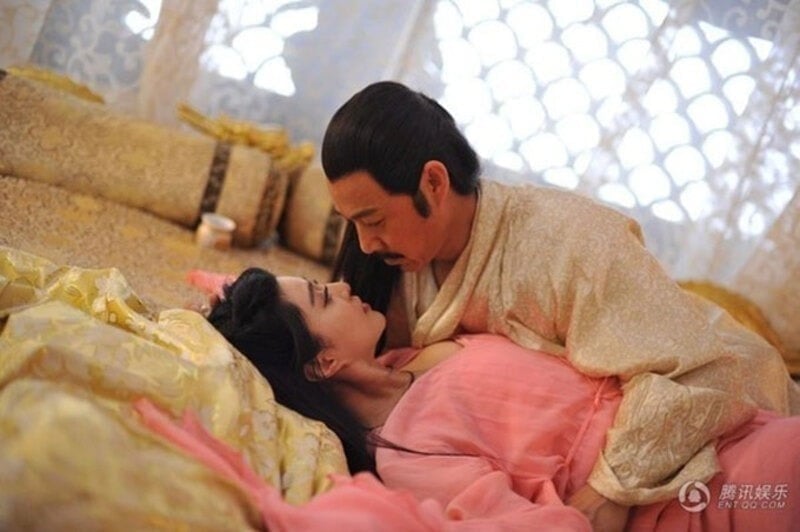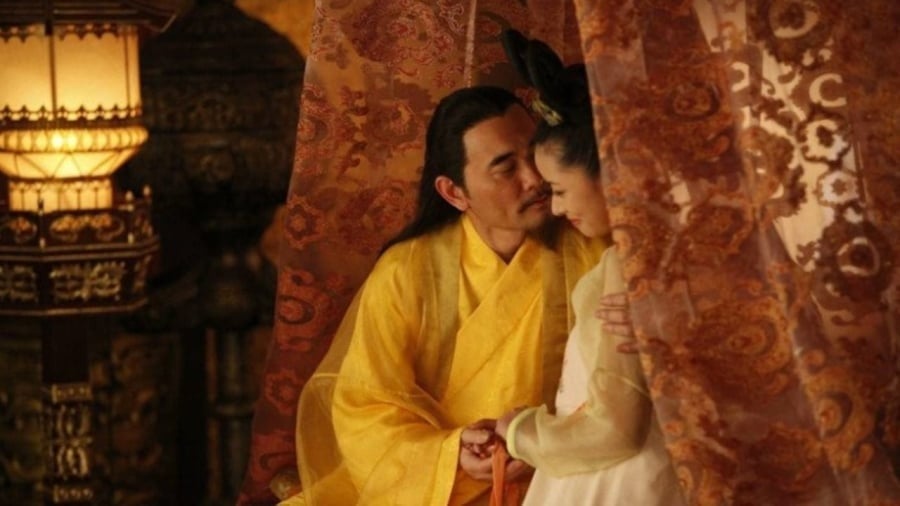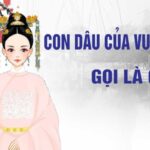Why did imperial concubines need to be escorted after the Emperor’s visit?
In ancient palace intrigue dramas, you may often see the scene of concubines being escorted by servants when going out, especially after the Emperor’s visit. This action is not merely symbolic but also reflects cultural, ritual, and social aspects of the feudal era.
Firstly, in the feudal Chinese court, especially during the Qing Dynasty, concubines had to strictly adhere to regulations regarding rest and daily activities, particularly after receiving the Emperor’s favor. Having an escort was not due to weakness or special privilege but was part of the ritual to signify their status and also to protect the health of both the concubine and the Emperor.

Additionally, this was also a manifestation of class distinction in feudal society. Belonging to the nobility, it would be considered disrespectful for concubines to move around freely without attendants. Being escorted was a way to affirm their status and maintain their image in the eyes of those within the palace.
Furthermore, many upper-class women in ancient times had their feet bound from a young age to achieve small feet, which was considered a beauty standard then. As a result, walking became extremely challenging, and they were prone to tripping. Hence, having an escort was a practical necessity, not just a ritual, due to their physical limitations.
Lastly, concubines were not allowed to leave the Forbidden City freely, and when they did, they had to be accompanied by maids or eunuchs. This ensured their safety and maintained order within the palace.
In summary, the image of concubines being escorted after the Emperor’s visit reflects not only court rituals but also encompasses various social, health, and cultural factors of the feudal era.
Apart from restricted personal freedom, imperial concubines in the feudal Chinese court were not allowed to move around unaccompanied like commoners. Whenever they left the palace, they were always escorted by maids or eunuchs. Being escorted was not just for physical support but also a clear indication of their high status, honoring their royal identity.

An important factor contributing to the need for an escort was the type of shoes they wore. Unlike modern shoes, which are designed for balance even in the case of high heels, the concubines’ shoes, especially during the Qing Dynasty, were a special type called “flower pot shoes.” These shoes had the heel positioned in the center, making it very challenging to maintain balance. Walking in these shoes often led to instability and a higher risk of falling without support.
The requirement for an escort was not solely due to the shoes but also stemmed from ritual demands within the palace. The ancient court emphasized the gentle and graceful beauty of women, and strict protocols governed movements and behavior to distinguish the nobility from commoners. An escorted concubine exuded elegance and softness, projecting a delicate image that was favored by the Emperor of that time.
Thus, the need for concubines to be constantly escorted resulted from a combination of fashion choices, court rituals, and traditional aesthetic standards.
What’s Good for the Goose Is Good for the Gander
Everyone knows that the son-in-law of an emperor is called a ‘marquis’, but what about the emperor’s daughter-in-law? This intriguing question delves into the fascinating world of royal titles and the unique terminology that surrounds them. Unveiling the answer offers a glimpse into the rich cultural heritage and traditions associated with imperial families.





































